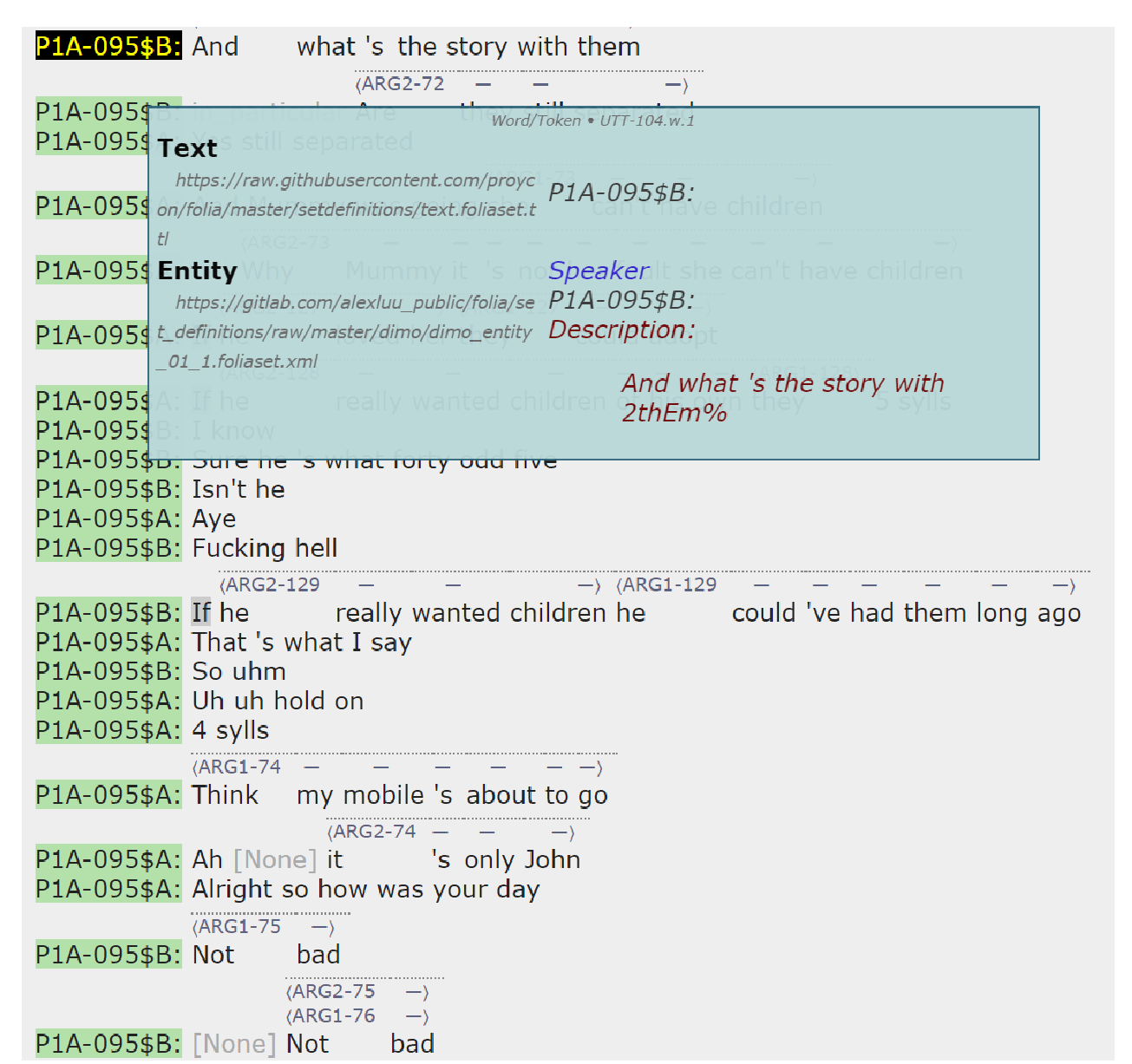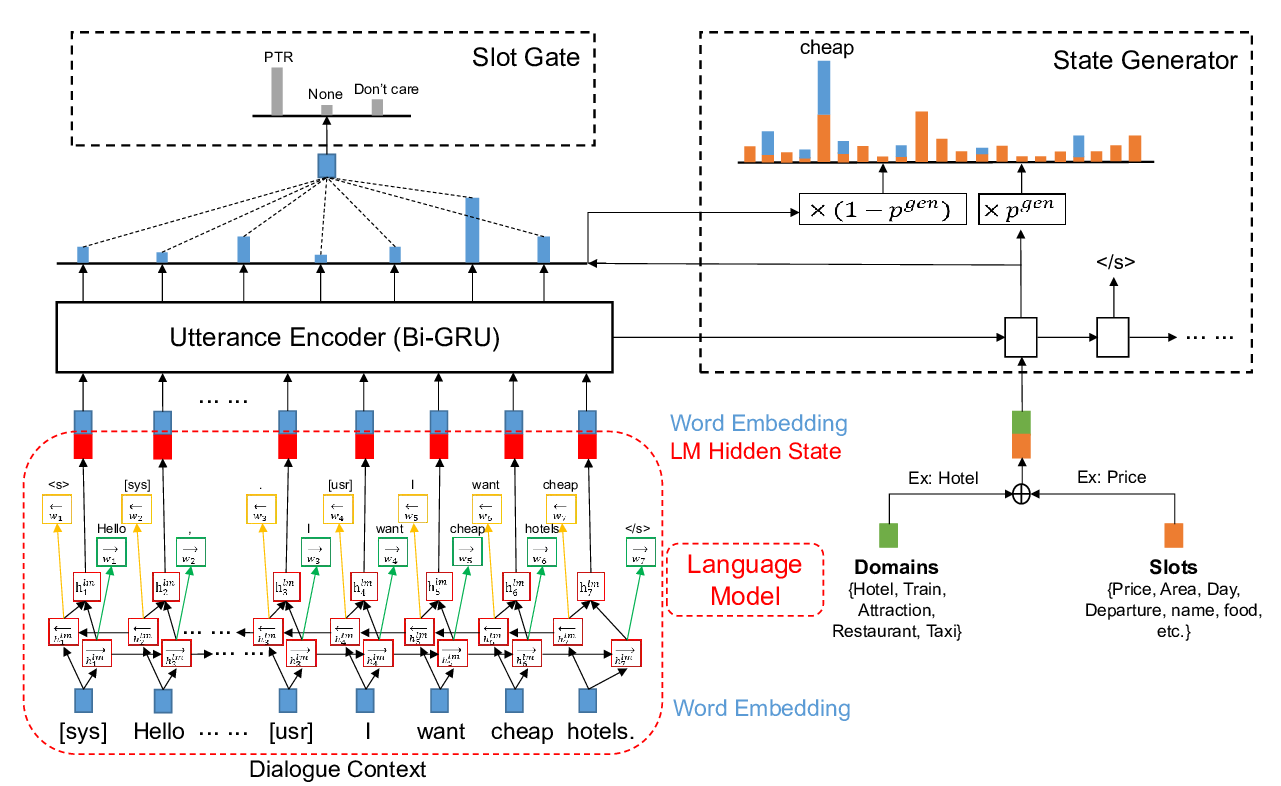Dialogue Coherence Assessment Without Explicit Dialogue Act Labels
Mohsen Mesgar, Sebastian Bücker, Iryna Gurevych
Discourse and Pragmatics Long Paper
Session 2B: Jul 6
(09:00-10:00 GMT)

Session 3B: Jul 6
(13:00-14:00 GMT)

Abstract:
Recent dialogue coherence models use the coherence features designed for monologue texts, e.g. nominal entities, to represent utterances and then explicitly augment them with dialogue-relevant features, e.g., dialogue act labels. It indicates two drawbacks, (a) semantics of utterances are limited to entity mentions, and (b) the performance of coherence models strongly relies on the quality of the input dialogue act labels. We address these issues by introducing a novel approach to dialogue coherence assessment. We use dialogue act prediction as an auxiliary task in a multi-task learning scenario to obtain informative utterance representations for coherence assessment. Our approach alleviates the need for explicit dialogue act labels during evaluation. The results of our experiments show that our model substantially (more than 20 accuracy points) outperforms its strong competitors on the DailyDialogue corpus, and performs on par with them on the SwitchBoard corpus for ranking dialogues concerning their coherence. We release our source code.
You can open the
pre-recorded video
in a separate window.
NOTE: The SlidesLive video may display a random order of the authors.
The correct author list is shown at the top of this webpage.
Similar Papers
Multi-Domain Dialogue Acts and Response Co-Generation
Kai Wang, Junfeng Tian, Rui Wang, Xiaojun Quan, Jianxing Yu,

Non-Topical Coherence in Social Talk: A Call for Dialogue Model Enrichment
Alex Luu, Sophia A. Malamud,


